Nokia's exclusive apps put into question Microsoft's Windows Phone philosophy
This article may contain personal views and opinion from the author.

Nokia is certainly not the first manufacturer to announce a set of exclusive apps on a platform, and it most definitely won't be the last one, but it could very well be the most damaging example we've seen yet. Most manufacturers will say that exclusive apps are a way to differentiate devices in the market, and we all know that Windows Phone manufacturers are looking for as many ways to differentiate as possible. As yet, Microsoft is not allowing any type of skinning or UI differentiation, so built-in apps are the only option right now.
Samsung's Windows Phone devices have a proprietary photo editor, as well as other apps. HTC's Windows Phone devices have the HTC Hub (weather, news stocks), HTC Watch (video streaming), and probably the best of all is the Attentive Phone app, which allows nice options like muting when the phone is flipped, quieting the ringer when the phone is moved, or making the ringer louder if it's in a bag or pocket. These are all small additions that make the user's experience with the phone a bit better or offers a nice service, but Nokia is going beyond that to a troubling degree.
Exclusives
Nokia has the Nokia Maps and Nokia Drive apps, which are proprietary, although the benefits of those will be passed back to the rest of the Windows Phone ecosystem with the hybrid Nokia/Bing Maps that are coming as part of the Microsoft/Nokia partnership. But, today's announcement of exclusive third party apps for Nokia phones is dangerous, and could be worrying for other manufacturers.
This isn't simply a matter of differentiation, this is a push to make Nokia the de facto choice for anyone even remotely interested in a Windows Phone handset. Nokia already has a better version of the ESPN app running on its Lumia handsets than other WP manufacturers do, but today's announcement adds more exclusive content and ESPN apps for Nokia for the next year, including Olympics news. Nokia announced exclusive content from two of the biggest mobile game developers around: Rovio and EA. And, Nokia is also getting an exclusive from Groupon.
Nokia is getting all of these apps on between 6 and 12 month exclusives at a time when every Windows Phone manufacturer needs as much help as possible. The Windows Phone platform already has the reputation as an OS without many apps. This isn't exactly true given that there are now over 80,000 apps in the Windows Phone Marketplace, but there is a noticeable lack of official apps and big name developers. Google has a search app on WP7, but nothing for Gmail, YouTube, Talk, Docs, or any other products (although Google+ is rumored to be coming). There is no official Read It Later app or a variety of other services. There are options available for just about anything you'd want, but the quality can be suspect at times, and you'll have to be okay with giving your login credentials to unofficial sources.
We have seen app exclusives with Android, most notably with Skype being exclusive to Verizon for a time, but Android was established at that point and Android was on a sharp upswing, so a timed exclusive app was annoying, but an acceptable way for carriers and manufacturers to differentiate. This is especially true with Google's policy of letting Android be the Wild West. Microsoft on the other hand has tried to keep the Windows Phone ecosystem cohesive and unified and bring up the platform as a whole, whereas Google let the various Android camps fight it out until everyone was better and Android was a success.
Microsoft's philosophy problem
Google promoted differentiation; so, when that's what we got, it was understandable and relatively acceptable because aside from a few notable exceptions, like Skype, apps were available on all devices. Microsoft has been fighting against differentiation because it doesn't want to see manufacturers succeeding and bringing along Windows Phone, as was the case with Android. Microsoft has always played it as though it wants Windows Phone to succeed and bring along the hardware partners. At least, that seemed to be the case until Nokia came along, because if the platform is the focus, this is no time to have exclusive software, especially software on the level of ESPN, EA and Angry Birds content. Those are big names, those should be standard across handsets.
It is perfectly possible that Microsoft is allowing Nokia to become the top dog of Windows Phone simply to rationalize the partnership costs, but also to bring a focal point to the platform. For a time, Motorola's DROID line was the focal point of the Android platform, at least until Samsung started to take over with its Galaxy line. Since the Windows Phone ecosystem hasn't had a standout manufacturer, Microsoft brought in Nokia to be that standout. The question is just how far Microsoft is willing to let this go.
It could be that Microsoft is letting Nokia take the lead in order to build consumer awareness ahead of the big Windows Phone 8 launch this fall. But, it is starting to look like Microsoft is willing to sacrifice all of the other manufacturers in that process. If Nokia continues to get exclusives, not to mention a huge marketing budget (which could very well be subsidized by Microsoft), there may not be any other hardware partners left for the WP8 launch. Additionally, existing Windows Phone users may be turned off to the platform if they see nice apps on the Nokia devices that aren't available to them.
The question is one of Microsoft's basic philosophy. The platform hasn't seen a lot of traction with the all-for-one philosophy, but at the same time it's unclear if Windows Phone can succeed with just Nokia making handsets. It seems likely given Nokia's history, and Microsoft's deep pockets. But, having other manufacturers disappear, and increased exclusives for Nokia could also lead to users being alienated as well. Word of mouth and customer recommendations are just as important as any big marketing campaign, as Microsoft must have learned from Apple by now, so Microsoft would be effectively throwing away the current user base in favor of whatever Nokia can create.
Conclusion
It's no secret that Windows Phone is in a tough spot and it needs a boost. It has been slowly gaining traction in the market, but it has been moving far too slowly for the manufacturers and carriers involved. It has gotten to the point to where carriers have flat out said that they won't agree to deliver the Windows Phone 8 update unless there is a pretty sharp uptick in consumer interest. And, on top of that Nokia is having financial troubles and may need an extra bailout from Microsoft on top of the $1 billion a year it is already receiving as part of the Windows Phone agreement.
So, we've already got a platform that has unhappy manufacturers, unhappy carriers, and a user base that is growing, but growing very slowly. Then on top of that we have the platform's creator paying more than $1 billion every year to support one hardware partner. Everyone has jumped on Google for purchasing Motorola under the assumption that Google would cause the destruction of the Android ecosystem by favoring Motorola over other manufacturers even though there has yet to be any evidence those fears are founded. Yet, no one seems to care that Microsoft has given ample evidence that it is perfectly willing to have Nokia be the sole supplier of Windows Phone handsets.
The success of Windows Phone as a platform is not a guarantee right now, and if Microsoft pushes too hard for Nokia to be the lead manufacturer it could cause big problems. Sure, it may end up in an Android situation where manufacturers compete to make the best devices, and the entire ecosystem is lifted up as a result. However, there is also a distinct possibility that other hardware partners will simply abandon the platform in the hands of Nokia and Microsoft. Nokia is a capable manufacturer, but even just the PR fallout from more and more manufacturers leaving the platform could be too much for even Nokia and Microsoft to overcome.
So, moving forward is Microsoft still aiming for an all-for-one ethos in Windows Phone, or has it become simply Nokia-for-all?


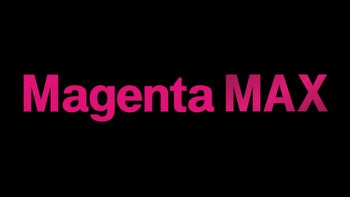



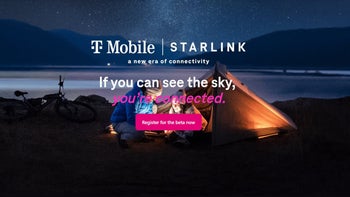
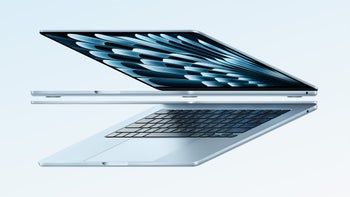
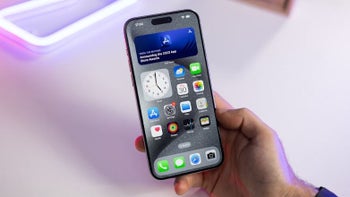

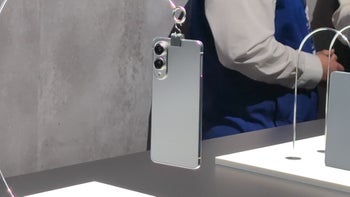
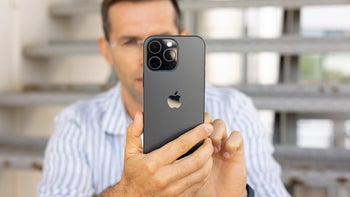
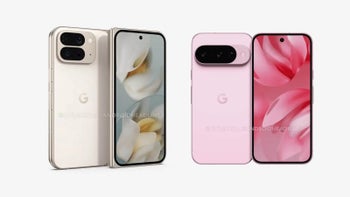
Things that are NOT allowed: